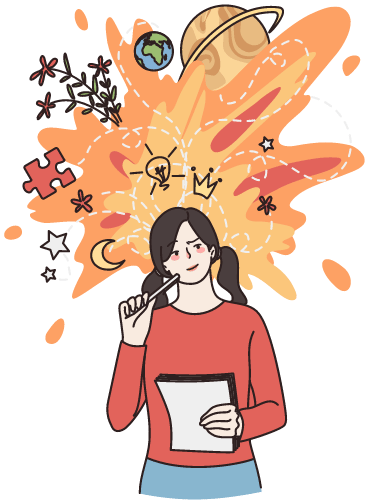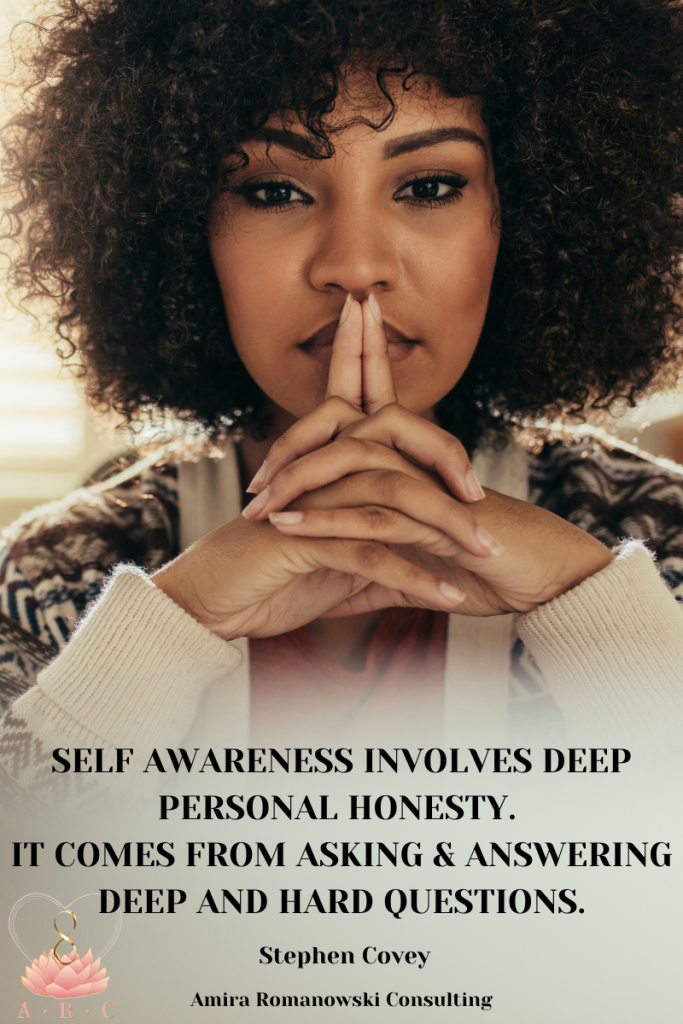In today’s fast-paced world, achieving work-life balance feels like walking a tightrope. But what if the key to staying steady isn’t about the rope or the act—but the person walking it? Self-awareness acts as your balancing pole, giving you the stability to move forward confidently.

The Power of Self-Awareness
“Knowing yourself is the beginning of all wisdom.” – Aristotle
Self-awareness is the foundation of managing stress and creating balance. It’s the lens through which you view your strengths, weaknesses, emotions, and behaviors. Imagine trying to navigate a forest without a map—you might wander aimlessly. Self-awareness is that map, helping you recognize where you stand and how to move in the direction that serves you best.
Research from Frontiers in Psychology reveals that self-awareness improves emotional regulation and decision-making, critical tools for balancing work and life demands. When you’re self-aware:
- 🌟 You recognize the habits that drain your energy and replace them with those that recharge you. For instance, if scrolling social media late at night leaves you feeling tired, self-awareness helps you prioritize rest instead.
- 🌟 You communicate your needs effectively, creating stronger relationships at work and at home. As the saying goes, “You can’t pour from an empty cup.” By knowing your limits, you ensure you can give your best to others.
- 🌟 You make choices aligned with your values and priorities. This alignment keeps you grounded, much like the roots of a tree that help it withstand the strongest winds.

How to Cultivate Self-Awareness
It starts with small, consistent steps. Think of it as building a muscle—the more you practice, the stronger it gets.
- Daily Reflection:
“An unexamined life is not worth living.” – Socrates
Spend 5–10 minutes at the end of each day reflecting on what brought you joy and what caused stress. This practice sharpens your focus and reveals patterns. As the Mindfulness in Practice Journal suggests, regular reflection creates a deeper connection between your thoughts, feelings, and actions. - Emotional Check-ins:
“Feelings are like waves; we can’t stop them from coming, but we can choose which ones to surf.” – Jonatan Mårtensson
Pause throughout the day and ask, “How am I feeling right now?” Recognizing and naming your emotions can help you respond rather than react, reducing stress and improving decision-making. - Set Boundaries:
“Boundaries are the distance at which I can love you and me simultaneously.” – Prentis Hemphill
Understanding your limits helps you create space for what matters most. Research from Harvard Business Review shows that self-aware individuals are better at maintaining boundaries, preventing burnout, and nurturing balance.

The Alignment Between Work and Life
Balance isn’t about doing it all; it’s about doing what matters most. It’s like a symphony—each instrument represents a part of your life. When everything plays in harmony, the music resonates beautifully.
As Daniel Goleman, author of Emotional Intelligence, reminds us: “Self-awareness is the cornerstone of emotional intelligence.” When you understand yourself, you create a life where work and personal priorities coexist harmoniously.
Self-awareness is key to managing stress and achieving balance. 💡
When you understand yourself, you empower yourself to thrive in both work and life.

How do you cultivate self-awareness? Reflection, journaling, or mindfulness?
Share your strategies below! ⬇️

Leave a Reply